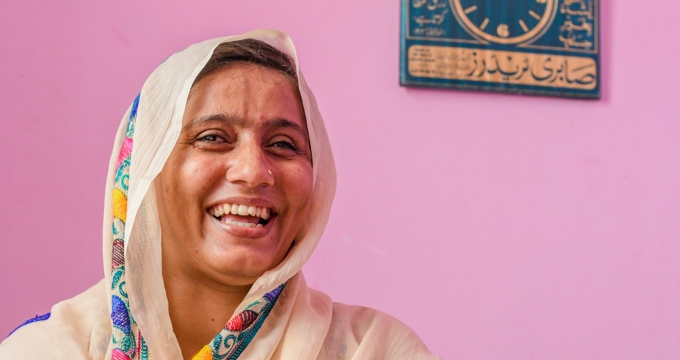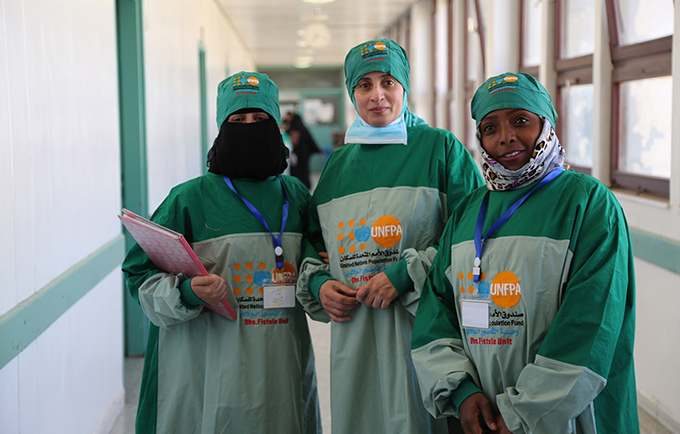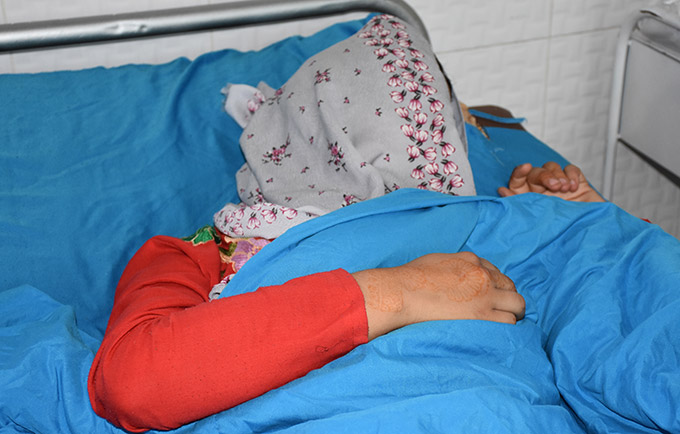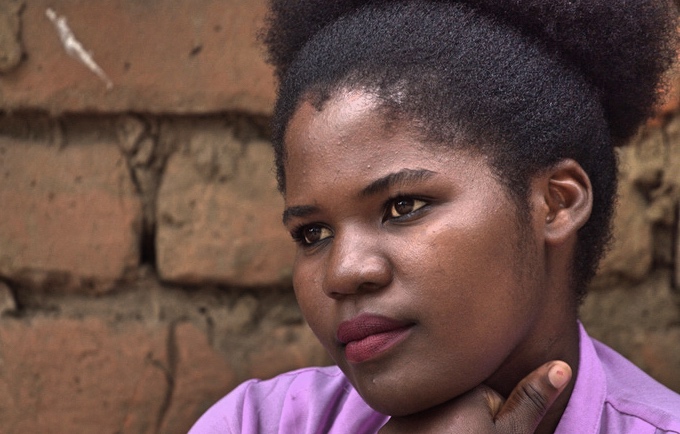fistula

ISLAMABAD, Pakistan – “Helping women suffering fistula is my mission in life," Razia Shamshad said about the maternal injury from childbirth that she thought would ruin her life. “No woman deserves to live in misery, especially when it is treatable.”

SANA’A, Yemen – Shaima, 20, has experienced more than her share of suffering. Displaced by conflict, she was married off at 14, then endured pregnancy after pregnancy before her body was ready. She developed devastating complications in childbirth, including an obstetric fistula – a traumatic injury that can have lifelong consequences.
On Wednesday, the world will observe the International Day to End Obstetric Fistula, which calls for action to end the marginalization and inequality that perpetuate this preventable injury.

KABUL, Afghanistan – “I saw myself as the living dead,” 50-year-old Laila* told UNFPA. She suffered terribly while giving birth in Pakistan 27 years ago. The prolonged, obstructed labour left her with an obstetric fistula – one of the most serious injuries that can occur during childbirth.
The fistula – hole between the birth canal and bladder or rectum – can cause pain and chronic infections. It also causes incontinence, which often leads to women’s social isolation.

“I consider myself very lucky," says Monica Kaleso, a Malawian fistula survivor who overcame stigma after being treated.